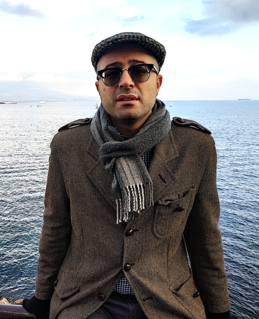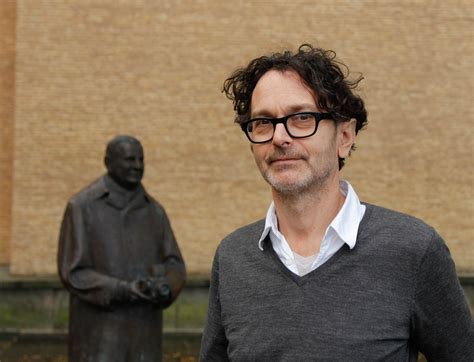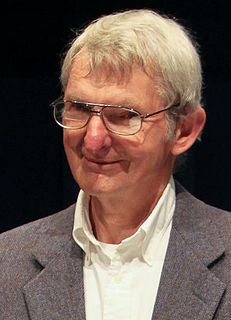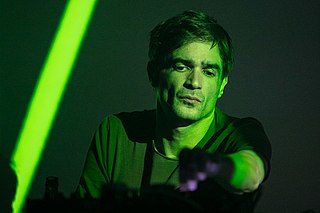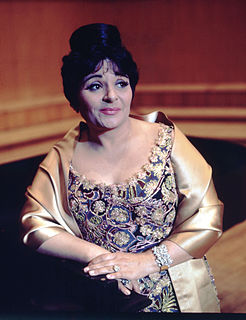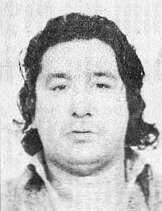A Quote by Eric Whitacre
Many composers use software to write music - programs like Finale or Sibelius. There are also recording programs. I should say I'm still very old-fashioned, I still use pencil and paper. But almost every composer I know does it the 'new way.'
Related Quotes
If the world is saved, it will not be by old minds with new programs but by new minds with no programs at all. Why not new minds with new programs? Because where you find people working on programs, you don't find new minds, you find old ones. Programs and old minds go together like buggy whips and buggies.
I think, you know, for someone who does play, let's say, old music or, you know, Baroque music or Renaissance music - and you know, and I do play a lot of that, obviously - engaging with new composers, engaging with young composers, is really exciting because it makes me look at people of the past in a very different way that they are also living, that there was a lot of subjectivity in the decisions that they were making.
When I'm writing a play I hear it like music. I use the same indications that a composer does for duration. There's a difference, I tell my students, between a semi-colon and a period. A difference in duration. And we have all these wonderful things, we use commas and underlining and all the wonderful punctuation things we can use in the same way a composer uses them in music. And we can indicate, as specifically as a composer, the way we want our piece to sound.
What I think people should realize is that programs like Social Security, programs like Medicare, programs like the Veterans Administration, programs like your local park and your local library - those are, if you like, socialist programs; they're run by [and] for the public, not to make money. I think in many ways we should expand that concept so that the American people can enjoy the same benefits that people all over the world are currently enjoying.
The software programs that make our body run ... were evolved in very different times. We'd like to actually change those programs. One little software program, called the fat insulin receptor gene, basically says, 'Hold onto every calorie, because the next hunting season may not work out so well.' That was in the interests of the species tens of thousands of years ago. We'd like to turn that program off.
There are tribes, I should say nations, which prior to the AIM movement had only ten or fifteen employees, and now have upwards of 2000. There are educational programs that didn't exist before, there are housing programs, health programs, senior citizen programs, cultural programs and the list goes on. It's all because some people stood up and said sovereignty is our right by treaty and the constitution says treaty law is the supreme law of the land.




